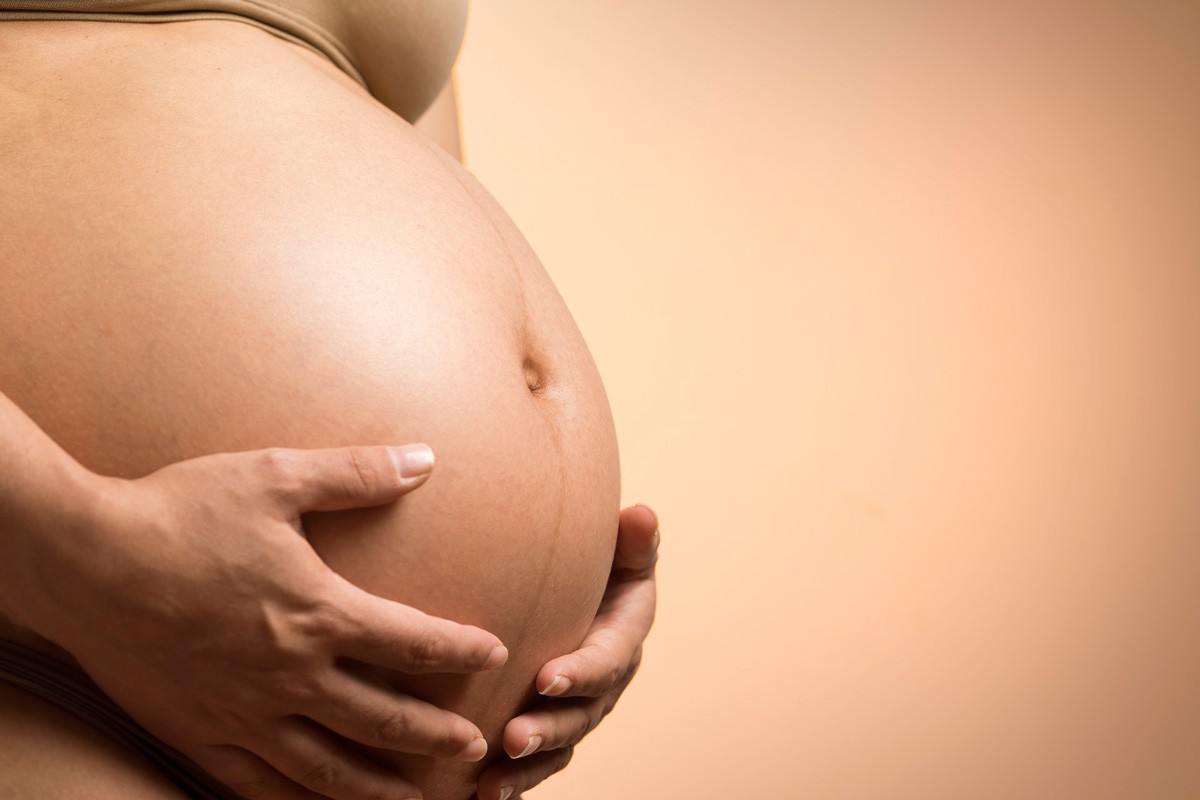
Respondent demographics: 165 GPs offered their opinions on caesareans.
Do you believe WA’s Caesarean Rate is appropriately linked to medical and obstetrical complications?
You answered ‘No’ to the last question. Where do you believe most inappropriate linkage occurs?
ED. 66 respondents answered ‘No’ to the first question, so received this supplementary question. There were no significant differences in responses based on GP gender.
GPs Comment on Caesareans?
Doctors Comment
Comments hinted at motivation, roughly in frequency order:
• Convenience/social demand – “I hear regularly of ‘convenience’ caesareans”, “patients demand them, obstetricians comply”, “lots of caesareans in the private sector are mother’s choice operations – not linked to medical or obstetric reasons, only personal ones”, and “too much mother and obstetrician convenience”.
• Defensive medicine – “cause inappropriate caesareans”, “probably the fault of the lawyers”, “for medico-legal reasons”
• Fear – “too many inductions and ops”, while another said “there are more IVF patients”
• Other – vaginal delivery is seen as “messy, even in doctor patients”
We laughed when one doctor referred to one private hospital as “Caesar Palace”.
Supportive of caesarean
One comment supported patient choice, while another said “you can plan on safe delivery and the time you want it” while another said caesareans are safe.
A rural perspective: “As a country doc I see large numbers of patients booking caesarean sections for reasons of timing, especially rather than trialling VBAC”
“Should be performed much more readily, contrary to the foam-at-the-mouth zealots’ opinion.”
“There are no prizes for achieving a vaginal birth, particularly if any risk involved. All the incentives in the system are weighted in favour of the quicker and less stressful option. The risk of caesarean section is pretty low so it’s not rocket science to work out why this option is readily resorted to.”
Legitimate reasons for caesareans
“There has been a push to reduce these and allow babies to go too far overdue – I believe that 10 days over is the max and not drive oversized babies through borderline-sized pelvises. For the short-term gain this generally results in gynae problems later in life.”
“My patients are Aboriginal obese diabetics with alcohol problems so reckon CS rate justified.”
“With the older mums, more obese mums and larger distances, WA has a higher need for C sections.”
Still grappling with issues
“Should they just be offered in cases of medical or obstetric complications? Should we deny woman all right to decide on their choice of delivery?”
“Antenatal counselling important”, “patients should be given more time to deliver vaginally” and “too much science, not enough art.”
Role of the obstetricians
Five said obstetricians either had the best interests of mothers and babies in mind, were trustworthy, gave very good obstetrical care, or will choose LSCS on appropriate clinical criteria most of the time.
Other comments were not so favourable.
“The caesarean rate in the private sector is inappropriately high, and in conducting informed consent of patients regarding elective caesarean, inadequate information about the risks is commonly given”, “I don’t know the evidence well enough but I cannot see why WA would have complication rates that much higher than the rest of the country and the world, so I suspect the caesarian rates are too high.” and “WHO data suggests that a rate of about 10% is essential.”
Vaginal birth after caesarean (VBAC)
One of our e-Poll respondents said, “Far too high a caesarean section rate in private for all sorts of spurious reasons e.g. big baby with a trial of labour. Only place you can safely have a VBAC these days is KEMH and perhaps other smaller government hospital with rostered on doctors 24/7.”

